This is the second in our blog series about the NumFOCUS project Google Summer of Code students. (Part 1, Part 3, Part 4.)
Meet our Julia GSoC Students

We are excited to introduce to the community our cohort of 19 GSoC students working with Julia, a high-level, high-performance dynamic programming language for numerical computing.
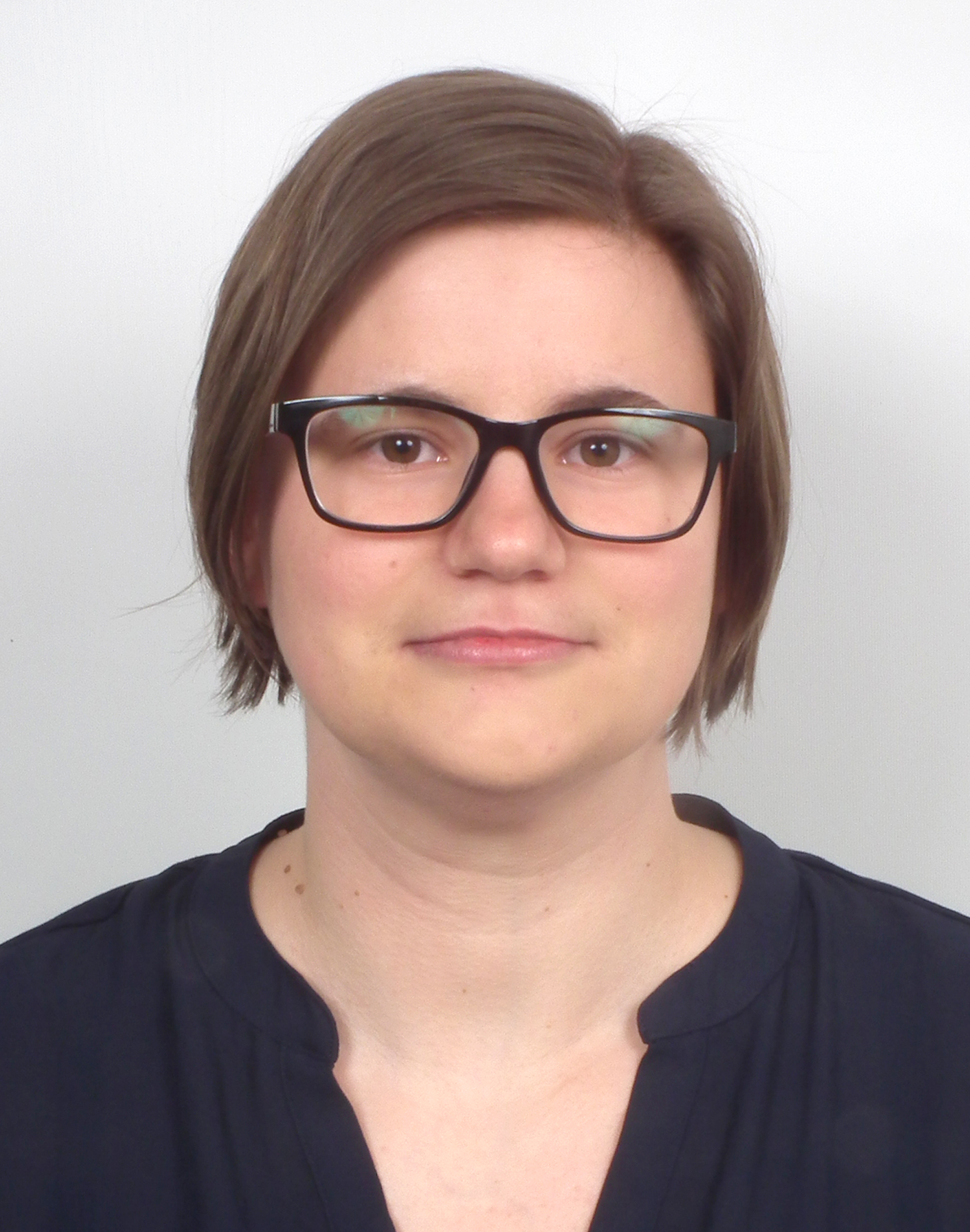
Dorisz Albrecht is a 2nd year student at Institute for Advanced Studies in Vienna, originally from Veszprem, Hungary. This is her first time participating in GSoC.
What motivated you to apply for GSoC with Julia?
I am generally interested in Bayesian statistics and coding. I expect I would
use these methods and thus maintain the package in the future. I hope it will be useful for economics-related computations as well.
What are your career goals, and how do you see the GSoC program moving you towards them?
I will go on to pursue a PhD in Economics this fall. My field of interest is econometrics, so this project can help me applying econometric tools.
Read about Dorisz’s project, Hamiltonian Approximate Bayesian Computation.
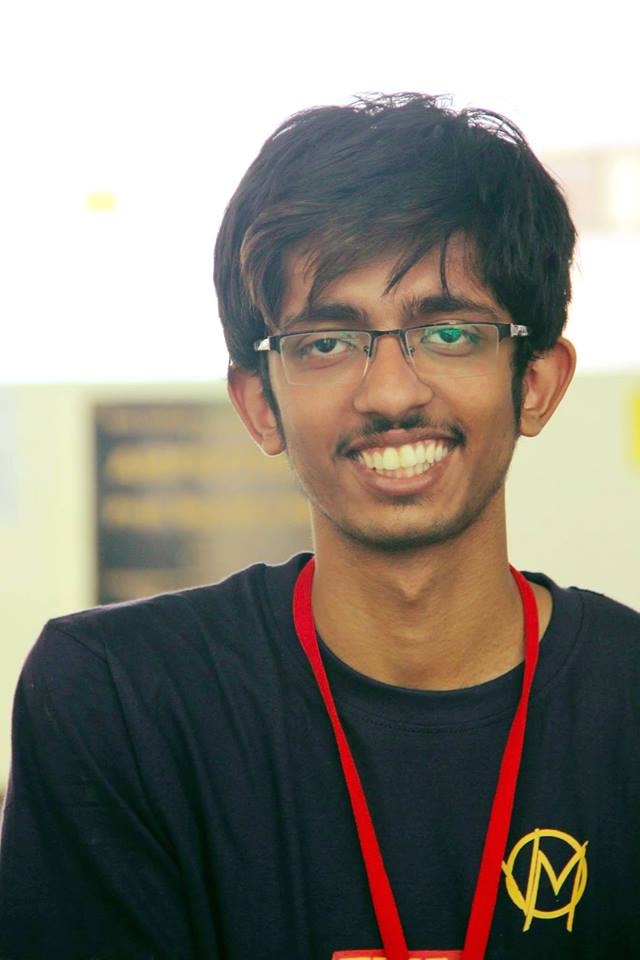
Kumar Prasun is a 2nd year student at Birla Institute of Technology & Science in Pilani – Hyderabad, originally from Gurgaon, India. This is his first time participating in GSoC.
What motivated you to apply for GSoC with Julia?
I had stumbled on AstroLib.jl last December, and I instantly wanted to work on it. The idea of easily using and writing down code related to astronomy really appealed to the inner kid in me.
Unfortunately, the grinding workload of real life put this wish of mine on cold storage. Then thankfully, GSoC came over the horizon and gave me the impetus I needed for another try. And so, here I am.
What are your career goals, and how do you see the GSoC program moving you towards them?
I see GSoC as a method to overcome the high beginner hurdle there is to working on open-source projects and to connect with new people who share the interest of coding. It’s a confidence booster too, obviously.
As for my project, working on AstroLib.jl is more of a hobby than a means to an end. It does however, act as a great way to improve my knowledge of the Julia language.
Additionally, if my indecisive mind ever decides that I should go for higher studies in a field related to astronomy(or any other scientific field for that matter), I’ll be able to proudly show the work I’m doing right now.
Read about Kumar’s project, Porting the IDL Astronomy User’s Library to Julia.

Shivin Srivastava is a 4th year student at BITS Pilani, India, originally from Gurgaon, India. This is his first time participating in GSoC.
What motivated you to apply for GSoC with Julia?
I am fascinated by Julia as a language and would have learnt it by now if it were not for my procrastination abilities. Therefore I decided that the best way to learn the language would be to do a project and what better opportunity than GSoC! And I was lucky enough to get a wonderful project in my area of interest with Chris Rackauckas as my mentor.
What are your career goals, and how do you see the GSoC program moving you towards them?
I want to get into academia and Julia seems to be the best language to solve problem in any domain.
Read about Shivin’s project, Efficient Finite Difference Discretizations of PartialDifferential Operators.

Jameson Quinn is a 4th year graduate student at Harvard Graduate School of Arts and Sciences, originally from Cambridge, MA. Jameson previously participated GSoC as admin for SugarLabs.
What motivated you to apply for GSoC with Julia?
I want there to be open source tools for cutting-edge tasks. Bayesian statistics is a powerful paradigm for almost any science, and part of what makes it so powerful is that it can be so easy. I hope putting open source tools at the front of the field will create a virtuous cycle where it only gets easier.
What are your career goals, and how do you see the GSoC program moving you towards them?
Statistical programmer; this is the kind of stuff I’d like to do.
Read about Jameson’s project, Improving and demonstrating Julia statistical models’ MCMC: CrossCat example.

Ayush Pandey is a 5th year student at Indian Institute of Technology Kharagpur, originally from Gorakhpur, Uttar Pradesh, India. This is his second time participating in GSoC.
What motivated you to apply for GSoC with Julia?
I am interested in optimization and its day to day life applications. Differential Equations crop in everywhere so it sounded fascinating to me to work on the project which is at the intersection of both the optimization and the differential equations. My project has applications in HIV-AIDS study and my mentor has told me that a pharmaceutical company is very much interested in what we bring out of this summer.
What are your career goals, and how do you see the GSoC program moving you towards them?
GSoC experience has opened a wide horizons of career opportunity for me. Now a days, the companies want to see open-source experience on your resume apart from the competitive programming skill. I have applied to many jobs in established companies and have got shortlisted for further rounds solely for my open source experience. I am presently interviewing with a company which works in optimization domain solely on the basis of my last year GSoC project.
Follow along with Ayush’s progress on Optimization and Bayesian Techniques for the parameter estimation of Differential Equations on his blog.
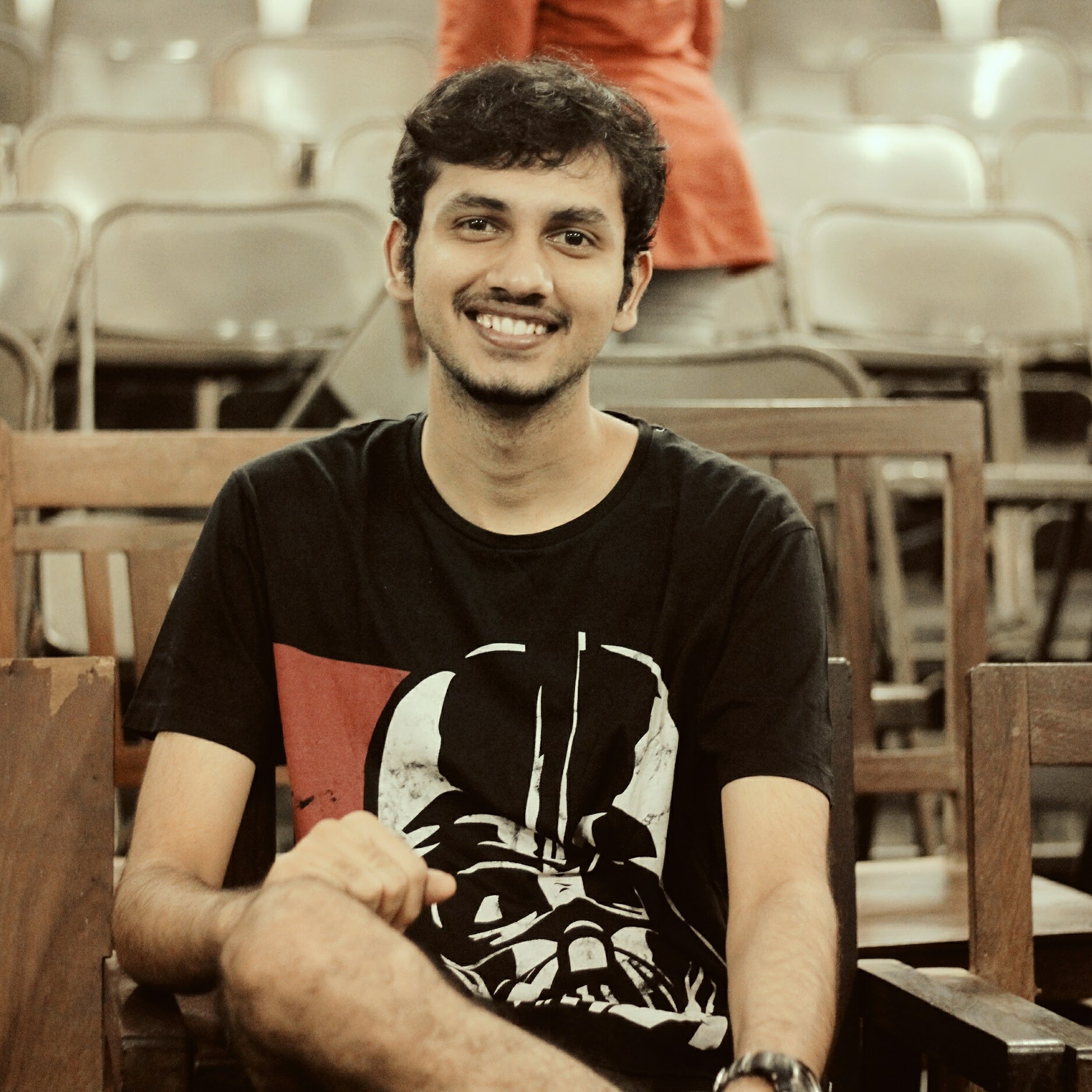
Akshay Sharma is a 4th year student at NITK, Surathkal, originally from Jaipur, India. This is his first time participating in GSoC.
What motivated you to apply for GSoC with Julia?
I am an open source enthusiast and like to contribute to open source organisations and other projects on github. GSoC is a wonderful program for such students which gives stipend and a certificate along with other goodies to motivate them to contribute to open source software. It also gives you a chance to work on projects with awesome communities and socialise with the likes of you by attending conferences, meetups etc.
What are your career goals, and how do you see the GSoC program moving you towards them?
I would like to go for higher studies later (maybe after working for 1-2 years) and GSoC is something which teaches you a lot of things which you might not learn otherwise, for example version control (git), writing tests, writing and reading code properly, writing and reading documentation etc. It showcases your skills and looks good on your resume too.
Read about Akshay’s project, An Artificial Neural Network Differential Equation solver for Julia.

Divyansh is a 2nd year student at IIT Bombay, originally from Lucknow, India. This is his first time participating in GSoC.
What motivated you to apply for GSoC with Julia?
I had my course on algorithms in my previous semester and I was interested in working on Graph algorithms during my summer vacation. I have also been working with Julia’s parallel environment since last few months. The Project in Julia’s LightGraphs was something that just fit everything I was searching to do in summer.
What are your career goals, and how do you see the GSoC program moving you towards them?
I would like to go for higher studies in Computer Science after I complete my undergraduate studies. This projects on Graphs would help me get better understanding of common Graph algorithms and go deep in the field of parallel algorithms.
Read about Divyansh’s project, Parallel Graph development.
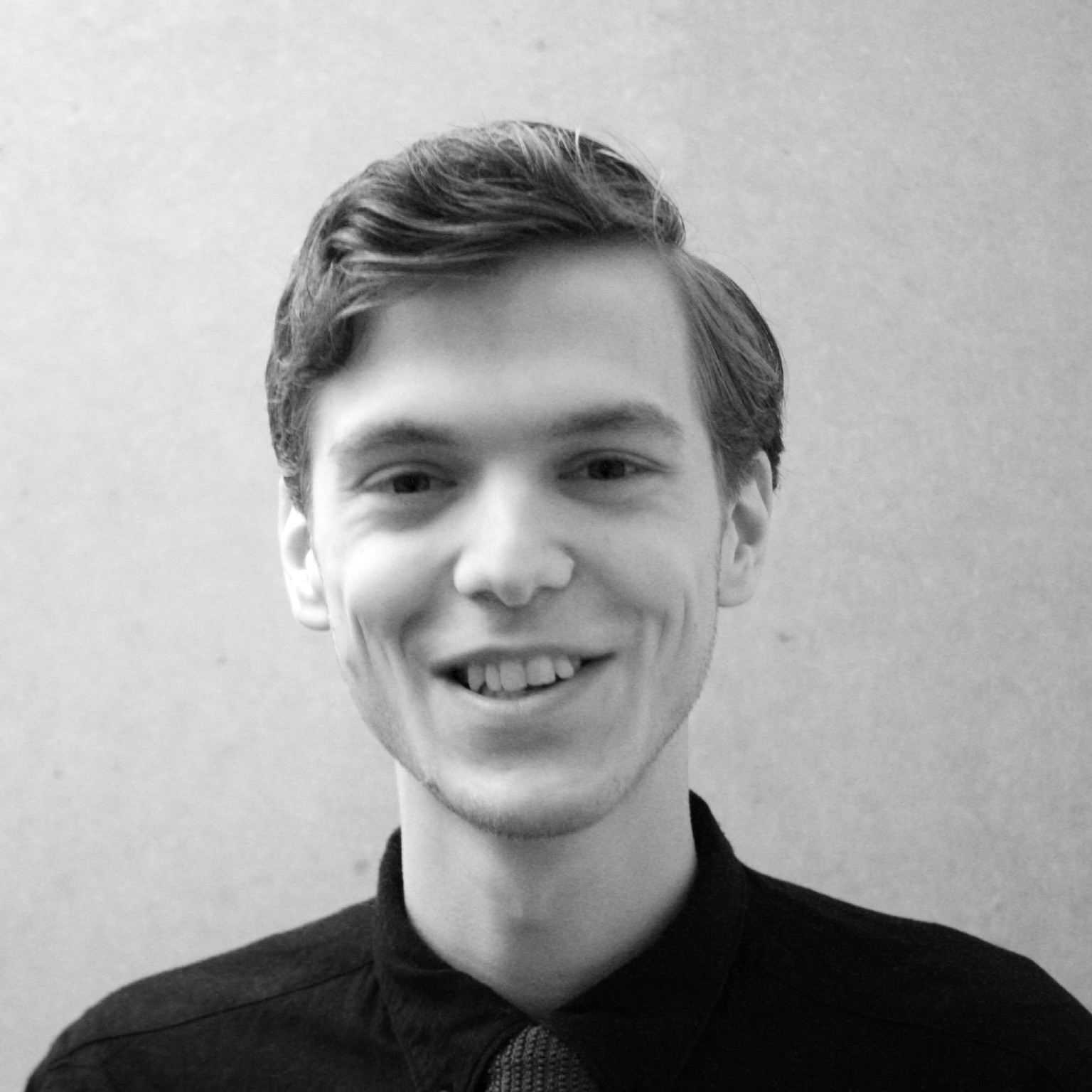
Harmen Stoppels is a 5th year student at University of Groningen in his hometown of Groningen. This is his first time participating in GSoC.
What motivated you to apply for GSoC with Julia?
During my master courses I experienced Julia to be a very adequate tool for numerical computation. Not only is it useful for scripting, but it comes with great performance as well. Since some of the algorithms from numerical linear algebra are still missing, I thought GSoC was a good chance to contribute to the project.
What are your career goals, and how do you see the GSoC program moving you towards them?
I hope to do projects in high-performance computing, where one typically uses C, C++ or Fortran. It’s interesting to see how Julia competes with these languages.
Follow along with Harmen’s progress on “Native Julia implementations of iterative solvers for numerical linear algebra” at his GSoC blog.
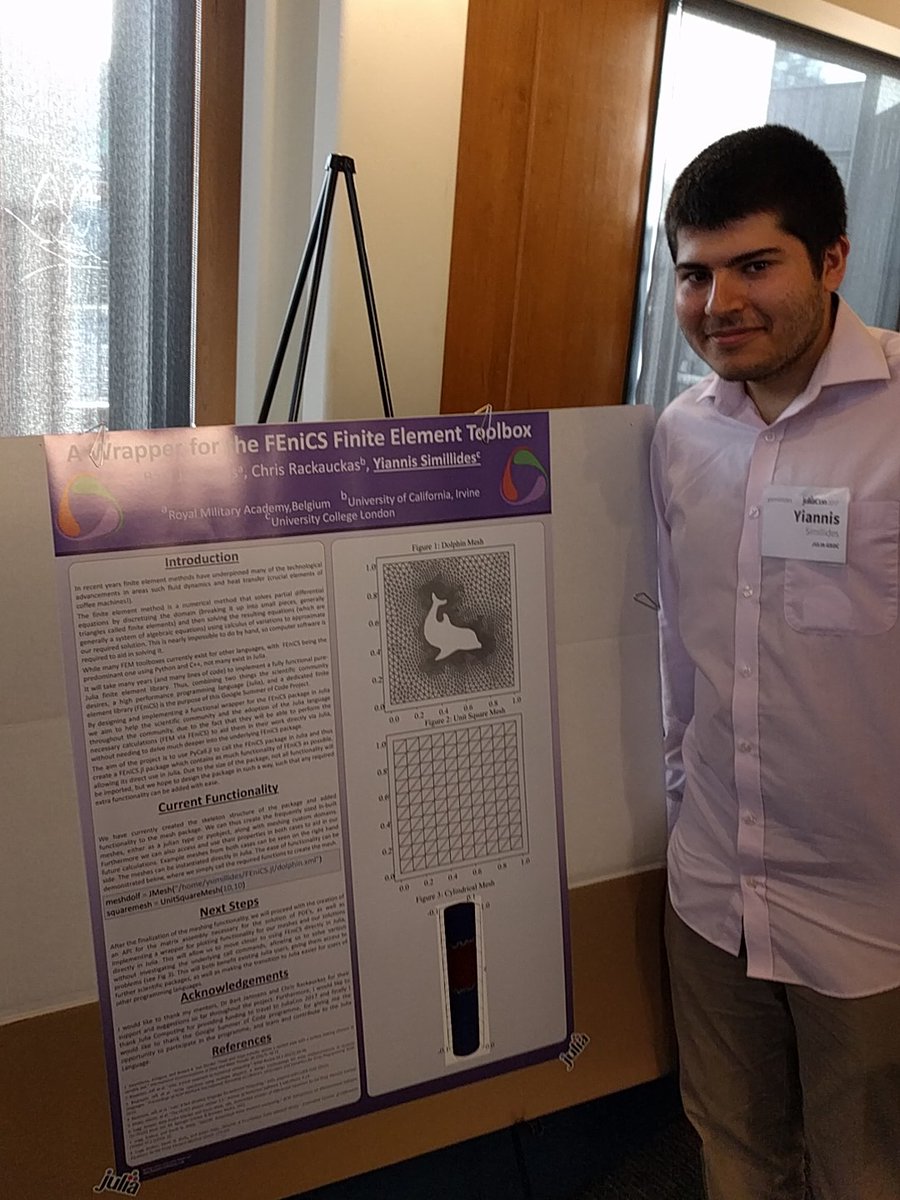
Yiannis Simillides is a 3rd year student at University College London, originally from Paphos, Cyprus. This is his first time participating in GSoC.
What motivated you to apply for GSoC with Julia?
I enjoy mathematics and programming. Julia and the DiffEq package offered the chance to combine these two over the summer holidays, so it was an ideal match.
What are your career goals, and how do you see the GSoC program moving you towards them?
I aim to find a job involving programming (as a software developer), or to continue with further studies in the area of scientific computing. My GSoC project incorporates elements relevant to both, so it is a perfect matching, covering both areas.
Read about Yiannis’s project, Integration of Documentation facilities into the Juno IDE.
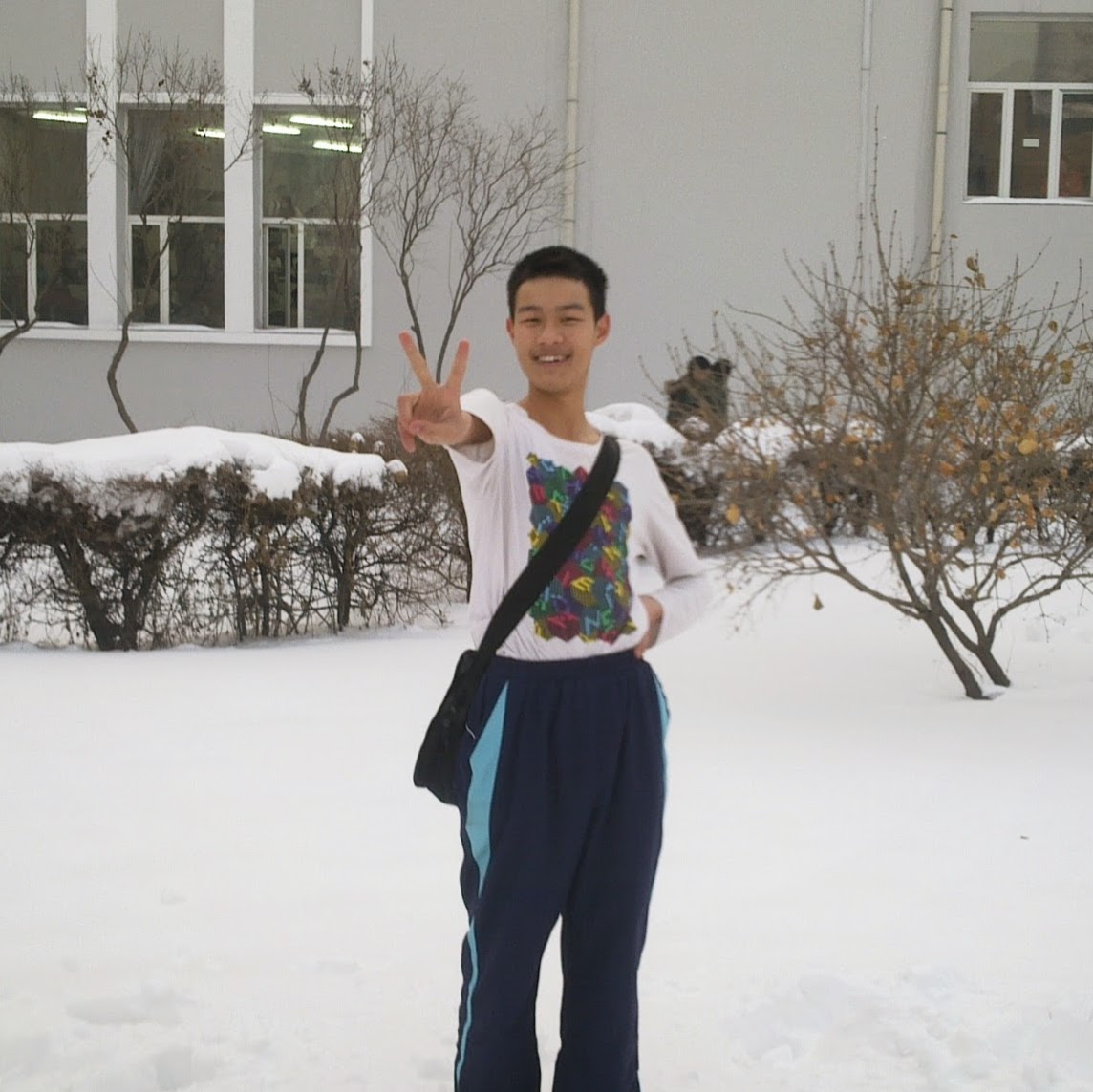
Zhang Shiwei is a 4th year student at Harbin Institute of Technology, originally from Zhu Zhou, Hu Nan, China. This is his first time participating in GSoC.
What motivated you to apply for GSoC with Julia?
1. I like Julia
2. I like machine learning
3. I like meta-programming
What are your career goals, and how do you see the GSoC program moving you towards them?
I take this project as a stepping stone to get closer to the Julia ML community.
Read about Zhang’s project, New Features for Flux.jl.
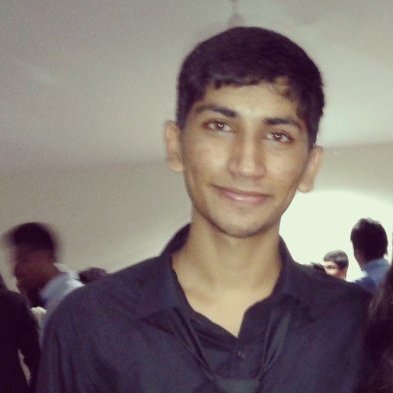
Sarvjeet Singh Ghotra is a 4th year student at National Institute of Technology Karnataka, originally from Chandigarh, India. This is his first time participating in GSoC.
What motivated you to apply for GSoC with Julia?
I love open source concept, so this is a great way of contributing while having a mentor to learn from. Also, you get paid.
What are your career goals, and how do you see the GSoC program moving you towards them?
Would love to work full time for Julia or some other community like Mozilla so this is a great opportunity to establish myself in the open source community.
Read about Sarvjeet’s project, Middlewares for common web application chores in Mux.jl.

Miguel Raz Guzmán Macedo is a 5th year student at National Autonomous University of Mexico UNAM, originally from Mexico City. This is his first time participating in GSoC.
What motivated you to apply for GSoC with Julia?
I took some courses in Julia in uni and just thought it was the best – approached the community and was convinced so. My bet is that Julia will take scientific computing by storm, better ride the wave!
What are your career goals, and how do you see the GSoC program moving you towards them?
If I can develop a numerical relativity simulation suite with Julia, it will be a life long project – PhD takers, anyone :)?
Read about Miguel’s project, DiffEq-specific differentiation library to ease development of fast native stiff solvers.

Sebastian Pfitzner is a 5th year student at Humboldt-Universität zu Berlin in his hometown of Berlin. This is his first time participating in GSoC.
What motivated you to apply for GSoC with Julia?
Julia as a language is fun to use and very powerful, but presents a higher entry barrier than e.g. Python. This is in part due to not-as-developed tooling, which I’d like to improve on in this project. Readily available documentation in the IDE is a very useful feature for newcomers and seasoned users alike.
What are your career goals, and how do you see the GSoC program moving you towards them?
I expect to be involved in some kind of computational physics later on, and hope to be able to use Julia for that. Having a polished IDE would not only make things easier for me, but also help convince others to adopt the language.
Read about Sebastian’s project, Integration of Documentation facilities into the Juno IDE.

Joel Mason is a 2nd year Ph.D. student at University of NSW, originally from Sydney, Australia. This is his first time participating in GSoC.
What motivated you to apply for GSoC with Julia?
I’ve really grown to love using Julia for everything I can over the past couple of years. Most people probably become curious about Julia when they hear about its speed, but features such as multiple dispatch, macros, and Julia’s general expressiveness and consistency, make programming in Julia simply more fun, and productive, than any of the (many!) other languages I’ve used. I would love to see Julia become the go to language for data science and scientific computing in general.
What are your career goals, and how do you see the GSoC program moving you towards them?
I’d like to have the opportunity to pursue further research into Artificial Intelligence, be that in Academia or Industry. I’m excited by efforts such as distill.pub, to make interactive data visualisation a first class component of our education and research ecosystems. I’m hopeful that this GSoC project, which aims to improve the interactive UI tooling in Julia, can help a little towards this aim.
Read about Joel’s project, Rebuilding Interact.jl with WebIO.jl.

Tejus Gupta is a 2nd year student at Indian Institute of Technology, Kharagpur, originally from Ahmedabad, India. This is his first time participating in GSoC.
What motivated you to apply for GSoC with Julia?
I am a robotics enthusiast and am very interested in computer vision. I have loved working with Julia – it gives me the performance of C/C++ and the simplicity of python. I’ve already been enjoying contributing to JuliaImages and the community has been very forthcoming whenever I needed help.
What are your career goals, and how do you see the GSoC program moving you towards them?
I’m dedicated to pursuing a long term career in the field of computer vision. My GSoC project will help me learn a lot – how to work with large code bases, testing, good API design etc
Read about Tejus’s project, Image Segmentation and HOG features.

Kenta Sato is a Ph.D. student at The University of Tokyo in his hometown of Tokyo. This is his first time participating in GSoC.
What motivated you to apply for GSoC with Julia?
I think the most important thing of GSoC is that mentors are assigned to each student. Even though I’m not a specialist of parallel computing, I can work on that topic thank to mentor’s help.
What are your career goals, and how do you see the GSoC program moving you towards them?
I want to be an engineer in life sciences. My project (BioJulia) would be directly related to the career.
Read about Kenta’s project, Parallelism in Bio.jl.

Animesh Kashyap is a 2nd year student at Indian Institute of Technology Kharagpur, originally from Ranchi, Jharkhand, India. This is his first time participating in GSoC.
What motivated you to apply for GSoC with Julia?
My seniors who that prior experience with Julia and Image Processing. I have used OpenCV libraries in some of my projects and I wanted similar features in Julia.
What are your career goals, and how do you see the GSoC program moving you towards them?
I want to do research in the field of Computer vision and Deep Learning. My project regarding Image Segmentation is an important step towards this goal.
Read about Animesh’s project, Image Segmentation.

Patrick Kofod Mogensen is a 3rd year student at University of Copenhagen in his hometown of Copenhagen. This is his first time participating in GSoC.
What motivated you to apply for GSoC with Julia?
Julia is growing fast, and has a very friendly and active community., I think the strong community is part of what makes Julia great and ever progressing. Doing Google Summer of Code with Julia is a great way to be part of this, and help improve the project and community even further.
Read about Patrick’s project, A Libm in Julia, for Julia.
Continue reading Part 3 of this blog post series on GSoC.
